Browse in the Library:
| Artist or Composer / Score name | Cover | List of Contents |
|---|---|---|
| Astor Piazzola Oblivion Guitar Arr. By Nadja Kossinskaja |
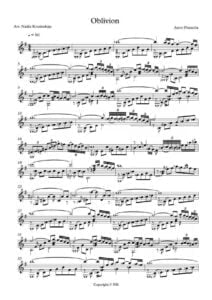 |
Piazzola Oblivion Guitar arr. by Nadja Kossinskaja page 1-1 |
| Astor Piazzolla 12 Tangos Piano |
 |
|
| Astor Piazzolla 6 Tangos |
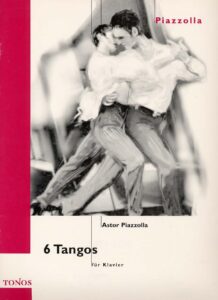 |
Astor Piazzolla 6 Tangos |
| Astor Piazzolla Angel (Complete) For Piano (Different Version) |
 |
Astor Piazzolla Angel (Complete) For Piano (Different Version) |
| Astor Piazzolla Ave Maria (Piano) |
 |
|
| Astor Piazzolla Balada Para Un Loco (Cacho Tirao) Guitar |
 |
|
| Astor Piazzolla Maria De Buenos Aires, Opera Tango (Partitura completa) |
 |
|
| Astor Piazzolla Milonga Del Angel (Piano Solo) Arranged By Prof. John Mortensen Slow Tango |
 |
|
| Astor Piazzolla Milonga Del Angel (Piano Solo) Original |
 |
|
| Astor Piazzolla sheet music Le Grand Tango Score For Viola And Piano |
 |
|
| Astor Piazzolla Vuelvo al sur (piano) |
 |
|
| Astor Piazzolla – 5 piezas para guitarra (guitar sheet music) | Astor Piazzolla – 5 piezas para guitarra (guitar sheet music) | |
| Astor Piazzolla – Picasso (Tango) Piano |
 |
|
| Astor Piazzolla 4 Estaciones Porteñas Guitar arr. |
 |
|
| Astor Piazzolla Nightclub 1960 Duo Flute Guitar |
 |
|
| Astor Piazzolla – Adios Nonino (Two Pianos) | Astor Piazzolla – Adios Nonino (Two Pianos) | |
| Astor Piazzolla – Adiós Nonino (guitar sheet music) |
 |
|
| Astor Piazzolla – Adios Nonino Piano Solo |
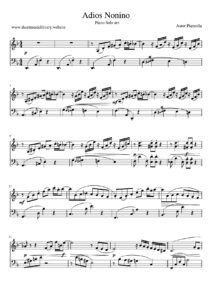 |
|
| Astor Piazzolla – Album No. 1 |
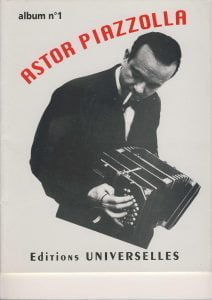 |
Astor Piazzolla album no 1 |
| Astor Piazzolla – Album No. 2 |
 |
Astor Piazzolla – Album No. 2 |
| Astor Piazzolla – Album No. 4 |
 |
Astor Piazzolla – Album No. 4 |
| Astor Piazzolla – Buenos Aires Hora Cero | Astor Piazzolla – Buenos Aires Hora Cero | |
| Astor Piazzolla – Chau Paris (piano) | Astor Piazzolla – Chau Paris (piano) | |
| Astor Piazzolla – Complete Works – Obras Para Piano Y Varios Instrumentos (partituras, sheet music) | Astor Piazzolla – Complete Works – Obras Para Piano Y Varios Instrumentos (partituras, sheet music) | |
| Astor Piazzolla – Contrastes (Piano) | Astor Piazzolla – Contrastes (Piano) | |
| Astor Piazzolla – Coral (Piano) | Astor Piazzolla – Coral (Piano) | |
| Astor Piazzolla – Estaciones Porteñas for piano – für Klavier |
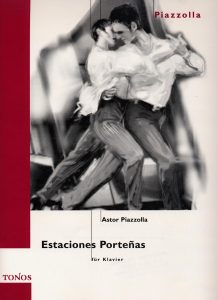 |
Astor Piazzolla – Estaciones Portenas fur Klavier |
| Astor Piazzolla – Fuga 9 (Piano) | Astor Piazzolla – Fuga 9 (Piano) | |
| Astor Piazzolla – Invierno Porteno (guitar sheet music) |
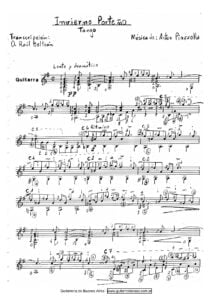 |
|
| Astor Piazzolla – Invierno porteño [clarinet-piano] |
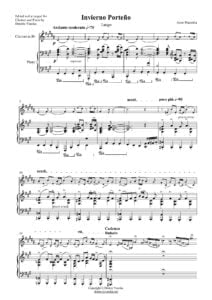 |
|
| Astor Piazzolla – La Muerte Del Angel (Guitar arr. sheet music) |
 |
|
| Astor Piazzolla – Libertango (Part A – Guitar Arr.) (Musescore File).mscz | ||
| Astor Piazzolla – Libertango for 2 pianos | Astor Piazzolla – Libertango 2KL | |
| Astor Piazzolla – Los pajaros perdidos (canción) piano vocal |
 |
|
| Astor Piazzolla – Milonga Del Angel (guitar arr. sheet music) |
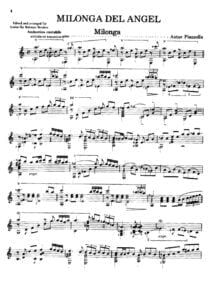 |
|
| Astor Piazzolla – Milonga del angel (Piano solo) |
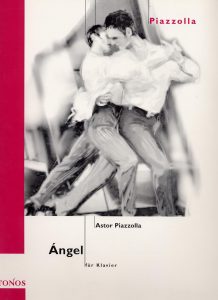 |
Astor Piazzolla – Milonga del angel |
| Astor Piazzolla – Oblivion (piano solo ver.) | Astor Piazzolla – Oblivion (piano solo sheet music) | |
| Astor Piazzolla – Oblivion (piano solo) |
 |
|
| Astor Piazzolla – Oblivion arr. by Najda Kssinskaja (Guitar arr. sheet music with TABs) | Astor Piazzolla – Oblivion arr. by Najda Kssinskaja (Guitar arr. sheet music with TABs) | |
| Astor Piazzolla – Oblivion Cello & piano | Piazzolla Oblivion cello piano arr. | |
| Astor Piazzolla – Oblivion for Piano solo sheet music (partitura) |
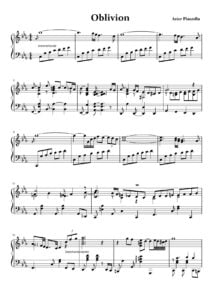 |
|
| Astor Piazzolla – Onda Nueve (Tango) Piano | Astor Piazzolla – Onda Nueve (Tango) Piano | |
| Astor Piazzolla – Otoño Porteño (guitar sheet music) | Astor Piazzolla – Otoño Porteño (guitar sheet music) | |
| Astor Piazzolla – Piano SongBook (Angel, Libertango, 6 Tangos, Estaciones Porteñas) |
 |
|
| Astor Piazzolla – Preludio 9 (Piano) | Astor Piazzolla – Preludio 9 (Piano) | |
| Astor Piazzolla – Río Sena (Tango) Piano | Astor Piazzolla – Río Sena (Tango) Piano | |
| Astor Piazzolla – Romanza del Duende (Piano) | Astor Piazzolla – Romanza del Duende (Piano) | |
| Astor Piazzolla – sheet music – Suite del Angel (Piano) |
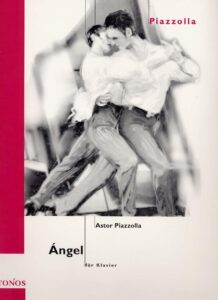 |
|
| Astor Piazzolla – Soledad (Solitude) Full score sheet music | Astor Piazzolla – Soledad (Solitude) Full score sheet music (first page) | |
| Astor Piazzolla – Suite Troileana 2 guitars (Bandoneon, Zita, Whisky, Escolaso) |
 |
|
| Astor Piazzolla – Suite Troileana 2 guitars arr. Sergio Assad (Bandoneon, Zita, Whisky, Escolaso) |
 |
|
| Astor Piazzolla – Suite Troileana arr for Piano (Bandoneon, Zita, Whisky, Escolaso) |
 |
|
| Astor Piazzolla – Tangos for 2 Pianos |
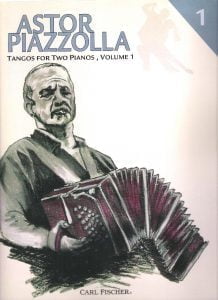 |
Astor Piazzolla – Tangos for 2 Pianos |
| Astor Piazzolla – Tangus Dei (Piano) |
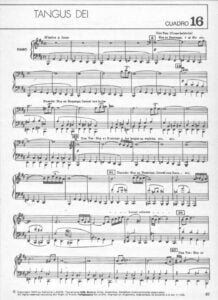 |
|
| Astor Piazzolla – The Last Tango Music Of Guitar arr. |
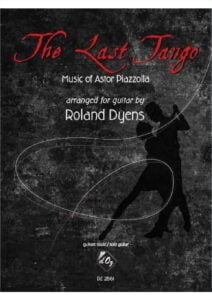 |
|
| Astor Piazzolla – Tristango (Piano) | Astor Piazzolla – Tristango (Piano) | |
| Astor Piazzolla – Vuelvo Al Sur (10 tangos and other pieces arr. piano) |
 |
Astor Piazzolla – Vuelvo Al Sur |
| Astor Piazzolla -Four, For Tango – Score |
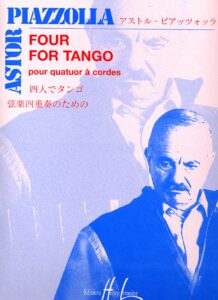 |
|
| Astor Piazzolla (Spanish Español Ed. 2018 El Ateneo 2020) (María Susana Azzi) Biography Book |
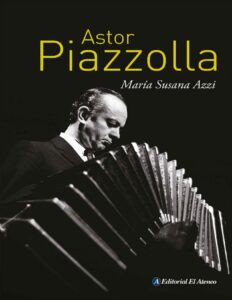 |
|
| Astor Piazzolla (Tango) Balada Para Un Loco – Guitar (letra Horacio Ferrer) |
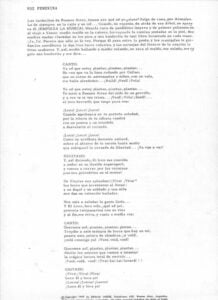 |
|
| Astor Piazzolla 100 Años Edicion Aniversario Sus mejores obras para piano |
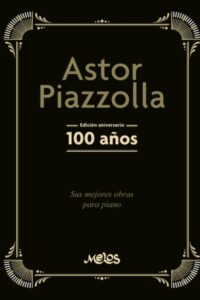 |
Astor Piazzolla 100 Años Edicion Aniversario Sus mejore obras para piano |
| Astor Piazzolla 25 Tangos for Clarinet and piano Clarinet Part in Bb |
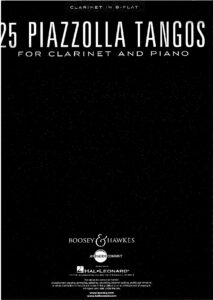 |
Astor Piazzolla 25 Tangos for Clarinet and piano Clarinet Part in Bb |
| Astor Piazzolla 28 tangos arranged For Piano |
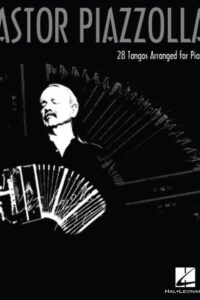 |
Astor Piazzolla 28 tangos arranged For Piano |
| Astor Piazzolla Album 20 compositions arr. for Piano |
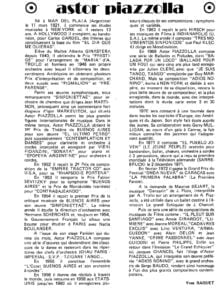 |
Piazzolla album |
| Astor Piazzolla Ave Maria (Piano and voice) |
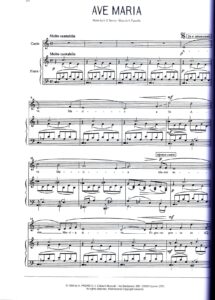 |
|
| Astor Piazzolla Cinco Piezas For Guitar |
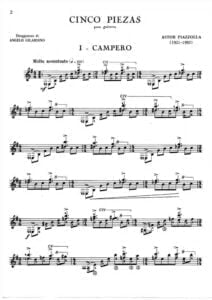 |
|
| Astor Piazzolla Color de Buenos Aires Suite letra Horacio Ferrer |
 |
|
| Astor Piazzolla Contrabajeando Double Bass And Piano Contrabajo Y Piano |
 |
|
| Astor Piazzolla Extasis Piano (Tango) |
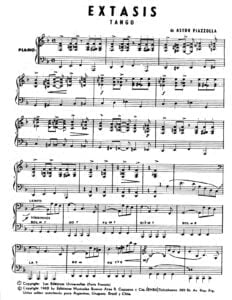 |
|
| Astor Piazzolla Flute or Violin Piano Collection |
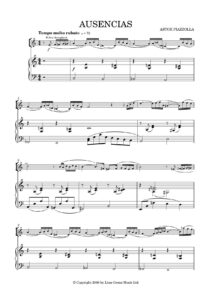 |
|
| Astor Piazzolla For Violin And Guitar (Astor Piazzolla) |
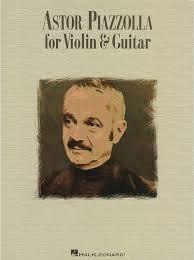 |
Astor Piazzolla For Violin And Guitar (Astor Piazzolla)_compressed |
| Astor Piazzolla Guitar compositions Collection (Guitarra) sheet music, partituras | Astor Piazzolla Guitar compositions (Guitarra) sheet music, partituras | |
| Astor Piazzolla Horacio Ferrer Chiquilin De Bachin Piano vocal |
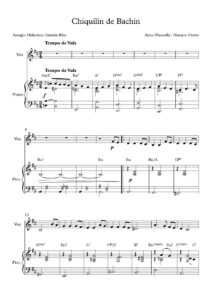 |
|
| Astor Piazzolla La Muerte Del Angel Trio Violin Cello Piano Score |
 |
|
| Astor Piazzolla Le Grand Tango – Two Pianos | Astor Piazzolla Le Gran Tango – Two Pianos | |
| Astor Piazzolla Libertango (Guitar Solo Arr.) With Tab |
 |
|
| Astor Piazzolla Milonga Del Àngel (For Chamber Orchestra) Tangos |
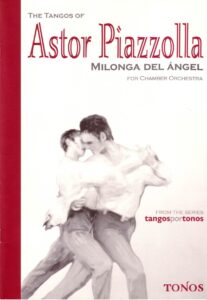 |
|
| Astor Piazzolla Oblivion (piano solo) |
 |
|
| Astor Piazzolla Oblivion arr. for 2 violins |
 |
|
| Astor Piazzolla Oblivion for Violin or Flute Cello Piano | Astor Piazzolla Oblivion for Violin or Flute Cello Piano | |
| Astor Piazzolla Oblivion Trans Solo Piano | Astor Piazzolla Oblivion Trans Solo Piano sheet music pdf | |
| Astor Piazzolla Oblivion Violin Guitar |
 |
|
| Astor Piazzolla Obras Completas Guitarra For Guitar |
 |
Astor Piazzolla Obras Completas For Guitar |
| Astor Piazzolla Piano Collection |
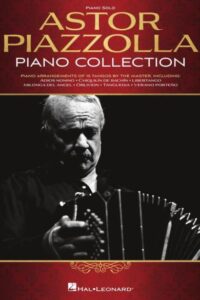 |
Astor Piazzolla Piano Collection |
| Astor Piazzolla Piano Meditango |
 |
|
| Astor Piazzolla Romance Del Diablo Flauta Violin and Piano |
 |
|
| Astor Piazzolla Sensuel Piano |
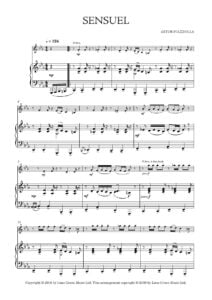 |
|
| Astor Piazzolla Tangazo for Orchestra Variaciones sobre Buenos Aires para orquestra |
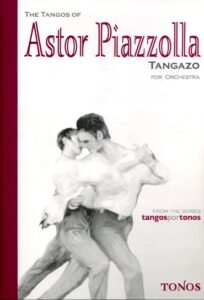 |
|
| Astor Piazzolla Tango Etudes (for flute or Violin) | Astor Piazzolla Tango Etudes (for flute or Violin) | |
| Astor Piazzolla Tango S V P For Violin Ensemble Solo | Astor Piazzolla Tango S V P For Violin Ensemble Solo | |
| Astor Piazzolla Tangos Arr Phillip Keveren The Phillip Keveren Series Piano Solo |
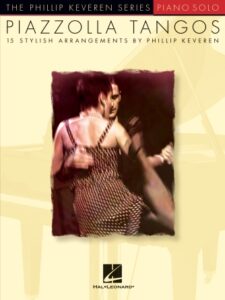 |
Astor Piazzolla Tangos Arr Phillip Keveren The Phillip Keveren Series Piano Solo |
| Astor Piazzolla Tanti Anni Prima Ave Maria For Piano solo |
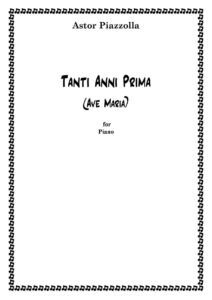 |
|
| Astor Piazzolla Tanti Anni Prima Ave Maria Violin and Piano |
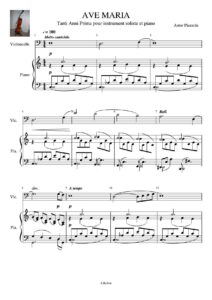 |
|
| Astor Piazzolla Vuelvo Al Sur Flute or Violin and Piano | Astor Piazzolla Vuelvo Al Sur Flute or Violin and Piano | |
| Astor Piazzolla y Anibal Troilo- Contrabajeando (Tango) Piano | Astor Piazzolla y Anibal Troilo- Contrabajeando (Tango) Piano | |
| Atlantic Starr – Always | ||
| Atomic Kitten – The Tide Is High | ||
| Atomic The Musical By Philip Foxman And Danny Ginges Piano Vocal Score |
 |
|
| Atonement – Dario Marianelli (For Piano) |
 |
Atonement – Dario Marianelli (For Piano) |
| Au Clair De La Lune – Traditional (Musescore File).mscz | ||
| Audioslave Out Of Exile Guitar TABs |
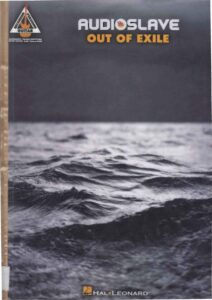 |
Audioslave Out Of Exile Guitar TABs |
| Audition (The Fools who Dream) La La Land OST | ||
| Audra Mcdonald Build A Bridge (Songbook) (Audra Mcdonald) Piano Vocal Guitar chords |
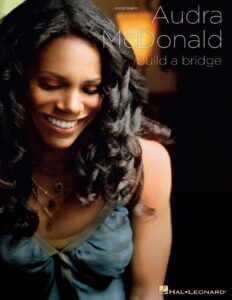 |
Audra Mcdonald Build A Bridge (Songbook) (Audra Mcdonald) Piano Vocal Guitar chords |
| Augustana – Boston | ||
| Aura Lee (intermediate great jazz arrangement) G. Poulton | Aura Lee Jazz | |
| Aura Lee By G. Poulton Jazz Arrangement.mxl | ||
| Aura Lee G. Poulton (Easy version ) | Aura Lee Easy version | |
| Aura Lee Jazz (Musescore File).mscz | ||
| AURORA Conqueror Piano Solo arr. |
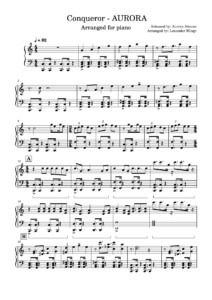 |
|
| AURORA Running With The Wolves |
 |
|
| Aurora – Cure For Me |
 |
|
| AURORA Forgotten Love Piano with lyrics |
 |
|
| AURORA Half The World Away Sheet Music Piano Vocal Guitar chords |
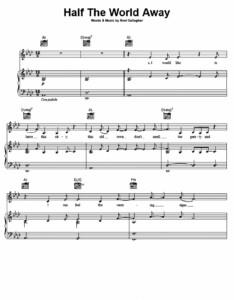 |
|
| AURORA Into The Unknown from Disney’s Frozen |
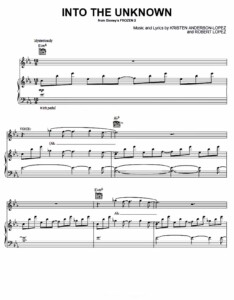 |
|
| AURORA It Happened Quiet Piano Solo arr. |
 |
|
| AURORA Runaway Piano Vocal guitar Chords |
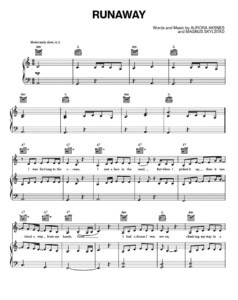 |
|
| AURORA Songbook Sheet Music Anthology Collection | AURORA Songbook Sheet Music Anthology Collection | |
| AURORA The River Aurora Piano Solo arr. |
 |
|
| Automatic Harmonic Analysis of Jazz Chord Progressions Using a Musical Categorial Grammar (Mark Wilding) | Automatic Harmonic | |
| Autour Du Jazz Guitar 4 pièces pour guitare (Thierry Tisserand) |
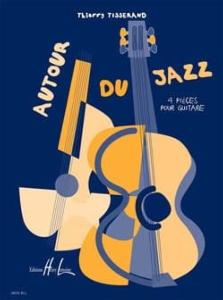 |
Autour Du Jazz Guitar 4 pièces pour guitare (Thierry Tisserand) Contents — autour du jazz |
Jazz: Keith Jarrett – The Art of Improvisation. Exclusive Interviews with Keith Jarrett, Gary Peacock and Jack Dejohnette.
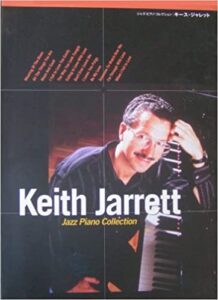
Keith Jarrett’s sheet music transcriptions are available from our Library.
Keith Jarrett: The Art of Improvisation
While he can often engender all manner of contention and argument, it’s unquestionable that Keith Jarrett is one of the most significant pianists to emerge in the second half of the 20th Century.
An artist who has done it all — performed his own sometimes lyrical, sometimes free-spirited compositions with two groundbreaking quartets in the ’70s; taken solo improvisation to a whole new level with a series of important recordings, including the classics Facing You and The Köln Concert.
Contributed a fresh spontaneity to the Great American Songbook with his Standards Trio; tackled the challenging classical repertoires of Bach, Mozart and Shostakovich and composed his own classical works; and played in landmark groups including Charles Lloyd in the ’60s and Miles Davis in the ’70s — Jarrett is also more than a little enigmatic.
Fastidious, perfectionist and, some might argue, highly controlled in his life, Jarrett paradoxically defines the concept of pure abandon in his playing.
With a life’s work that, classical repertoire aside, has always been about spontaneous creation, Jarrett is in an especially capable position to shed light on the true meaning of improvisation.
And so, British producer/director Mike Dibb, responsible for ’02’s The Miles Davis Story, has fashioned a new documentary which, while never explicitly defining what that elusive meaning is, nevertheless manages — after 85 minutes and a series of remarkably erudite interviews with Jarrett and those who have been close to him over the past 30 years — to create a vivid impression that is both inspirational to aspiring musicians and uniquely clarifying to others who want to understand the process of how musicians create something out of nothing.
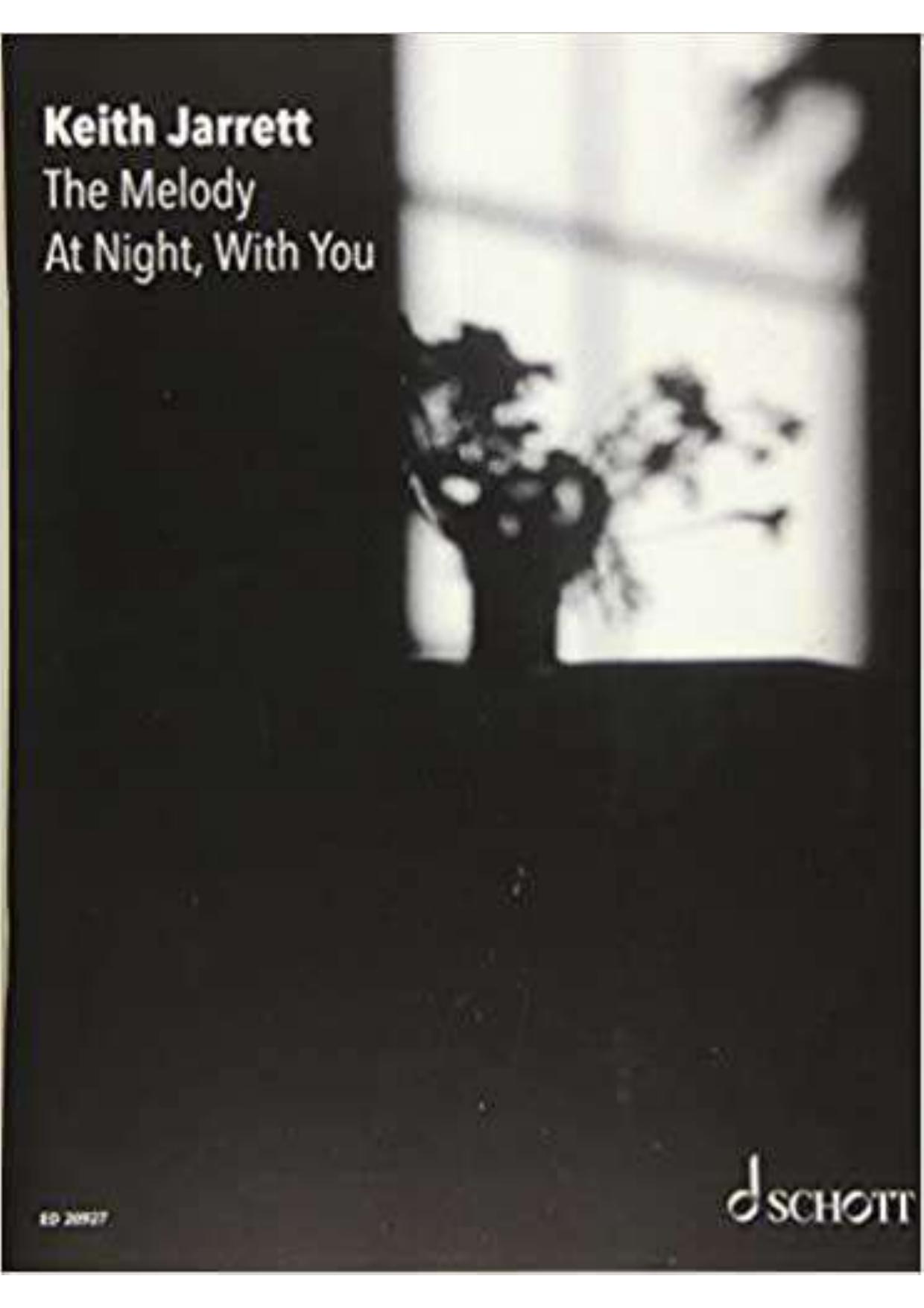
Rather than present a chronological examination of Jarrett’s life thus far, Dibb chooses, much like Jarrett’s own work, to use a seemingly non-linear approach that focuses on Jarrett’s improvisational process although, in the final analysis — just like Jarrett’s extemporization — there is an arc.
Beginning with the Standards Trio, then jumping back to his early days and ultimately ending with his European Quartet including saxophonist Jan Garbarek, bassist Palle Danielsson and drummer Jon Christensen, what becomes evident is that Jarrett’s goal has essentially been the same as when, precociously, he would add both his own original compositions and spontaneous creations to the classical repertoire of recitals dating back as early as when he was only eight years old.
Amongst the many interviews with past and present collaborators including Garbarek, Danielsson, Christensen, Charlie Haden, Gary Peacock, Jack DeJohnette, Chick Corea, Gary Burton and Dewey Redman, perhaps the most significant footage is that with ECM label owner and producer Manfred Eicher, with whom Jarrett found the perfect creative partner early in his career.
Keith Jarrett goes as far as saying that his albums are the product of two people — himself and Eicher — which is a significant distinction.
That Eicher has recorded far more Jarrett performances than have ever been or will ever be released in order to catch those moments of pure magic, those performances where Jarrett alone or with a group is truly at the moment, also demonstrates the high standard and level of discernment that both he and Jarrett apply to deciding what will ultimately be commercially distributed.
That Jarrett has, for 20 years, chosen only to document live performances, rather than record in the studio, is another distinction, one that points to a belief that the audience is, indeed, an integral part of each and every performance.
Jarrett comes across as deeply committed, albeit unquestionably idiosyncratic and unapologetically purist; while he admits to enjoying his time with Miles Davis — the only time in his career where he totally gave up acoustic piano for electric instruments — he also dismisses his electric work by calling such instruments “toys.
Few, if any, pianists other than Jarrett insist that a choice of pianos be provided for each performance, so that he can choose the best one for the concert hall. And the sheer physicality of his playing, along with his total and absolute involvement with the music to the exclusion of anything else, paints a unique picture — as does his level of communication.
Virtually all concert footage — including performances with Lloyd, Miles, the Standards Trio, and the American and European Quartets — demonstrates the incredible interaction that exists at every performance.
Jarrett has, in recent years, come under criticism with regard to the Standards Trio which, at over 20 years, is the longest-lasting group of his career — and, with rare exception, is one of the longest collaborations in the jazz period. Some say that the group has lost its creative edge.
But watching the footage of the trio, and listening to Jarrett, Peacock and DeJohnette discuss how little rehearsal takes place — in fact, rehearsals typically only occur in sound checks before concerts, and it’s not uncommon for the trio to work on something at a sound check and never actually play it in concert — one is truly drawn into the sense of adventure applied to every performance.
And the performance footage, in concert with the interview clips, manages to demonstrate the kinds of risks the trio take with each and every tune; how any one of the members can suggest a new direction with complete confidence that the others will follow.
By the time Dibb’s documentary reaches its end, one may not be able to explicitly define the art of improvisation, but there are profound conclusions implicitly reached. And the documentary compels one to either play some Jarrett recordings or, if Jarrett’s music is new to the viewer, to go out and find some.
The level of excitement and discovery is so vivid that even those who have become jaded with Jarrett in recent times may find themselves with renewed interest. While some bemoan Jarrett’s abandonment of writing, what becomes clear — and Jarrett articulates this at one point — is that every performance involves the act of composition. And that, perhaps more than anything, is the true meaning of improvisation.
